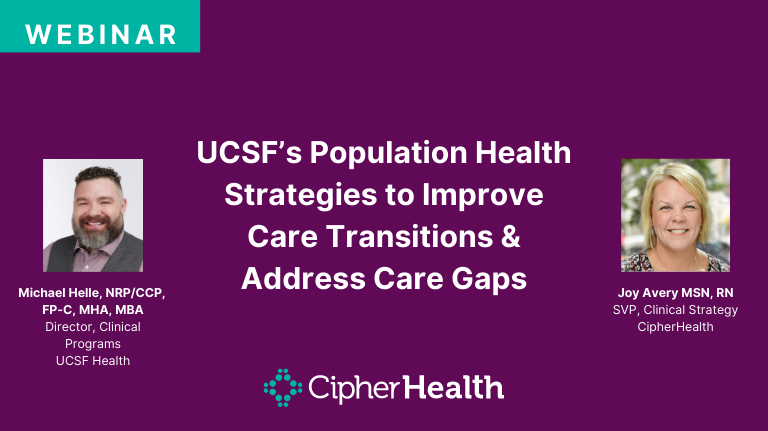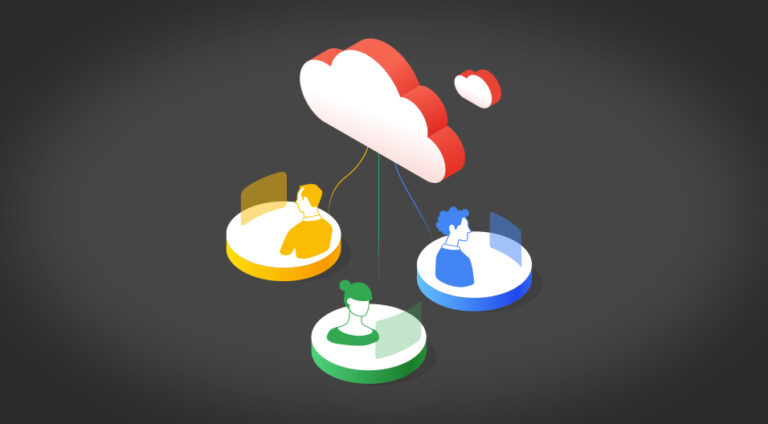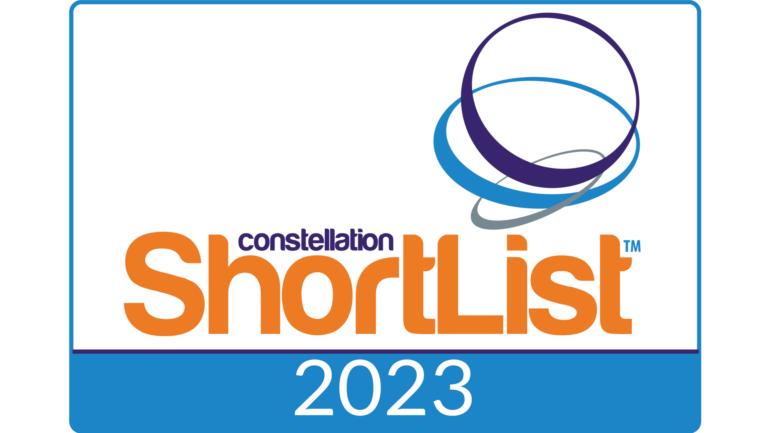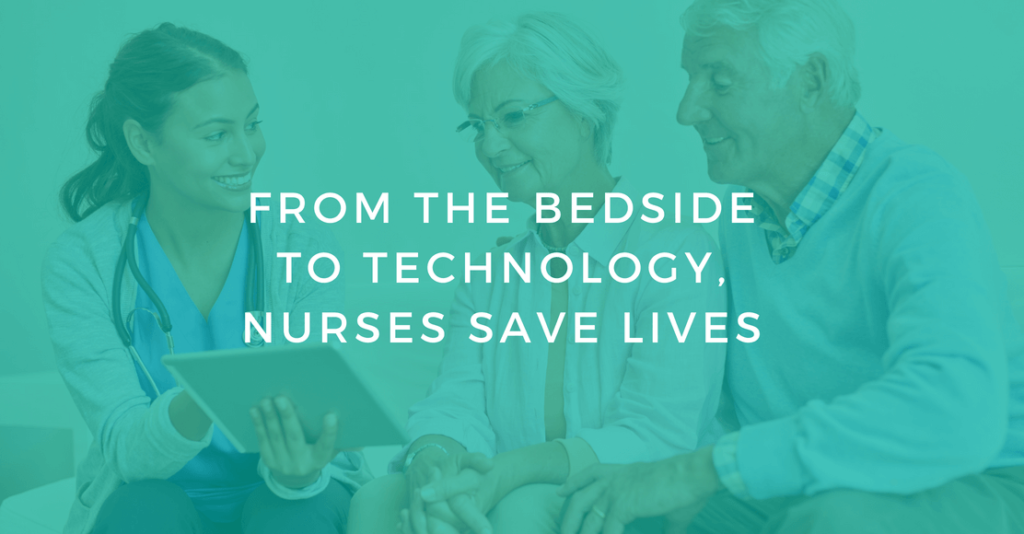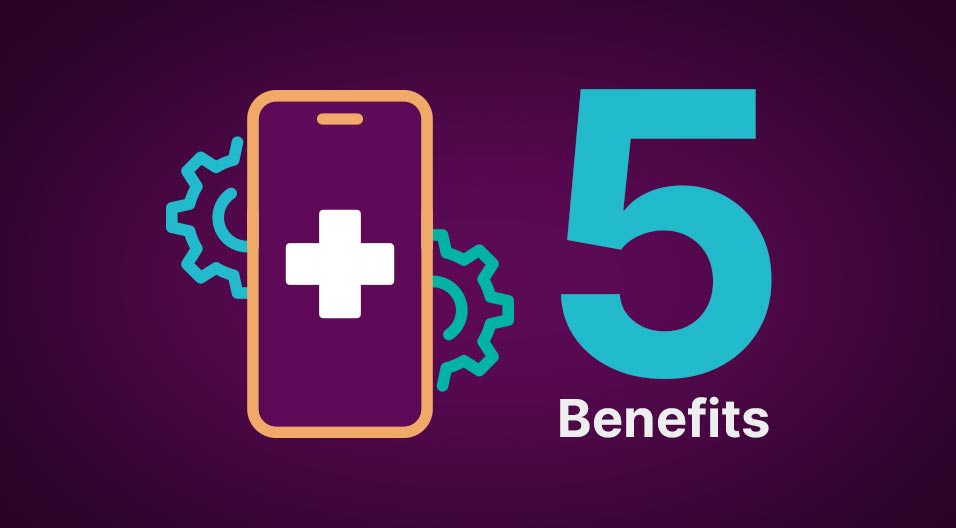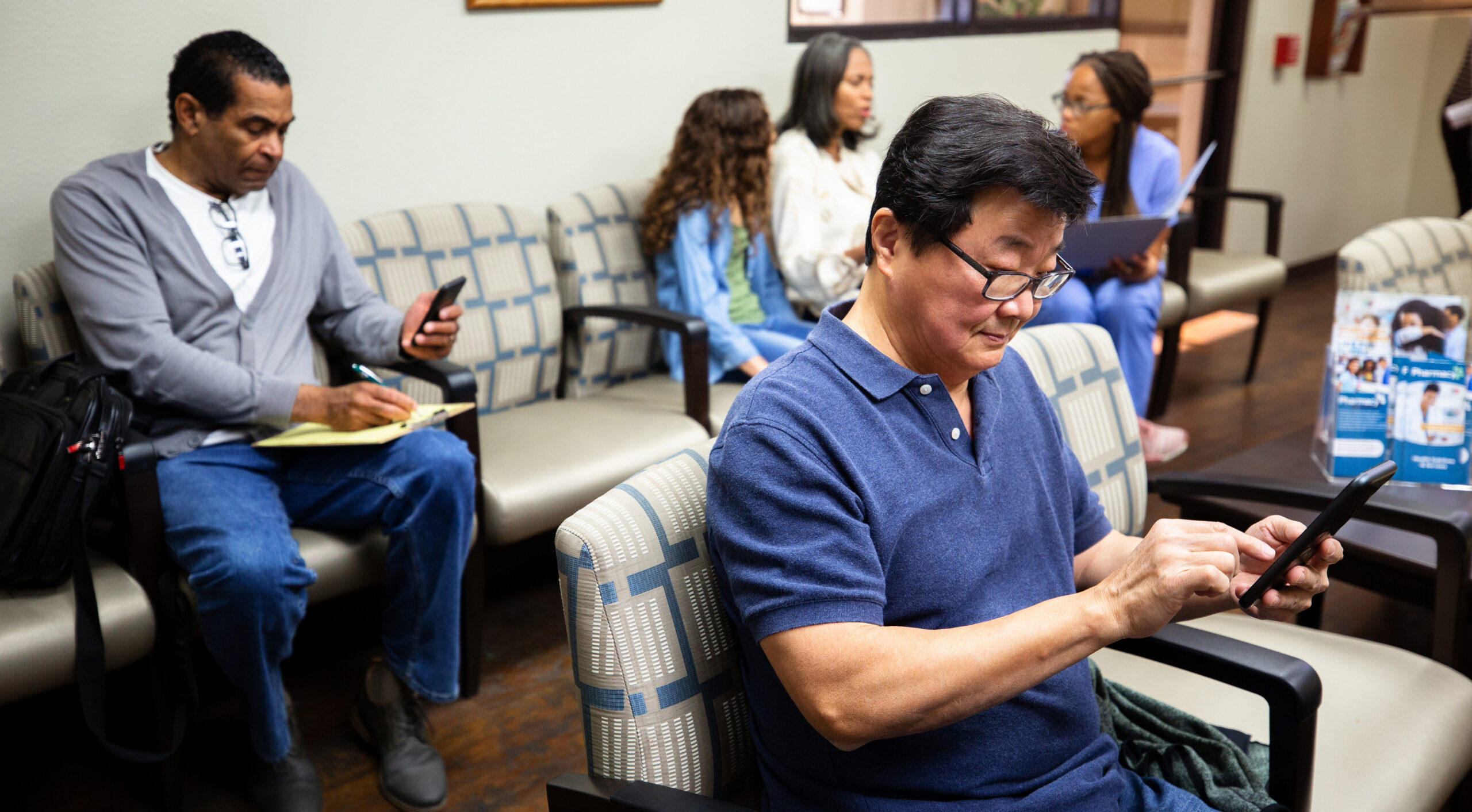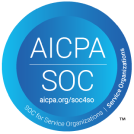In celebration of National Nurses Week, our CipherHealth nurses share how they are driving innovation in healthcare through patient engagement technology. This is part one in a series of blog posts authored by our nurses; see part two here.
People frequently ask me, “Why did you become a nurse?” I wish that there was a moving story, an admired family member, or some moment of divine intervention, but the truth is that when I was 18 years old and heading off to college, I had no clue what I wanted to be when I grew up. My mom suggested nursing because I had done well in science – and all of a sudden, I was a nursing major.
Throughout nursing school and my career, I have come to understand the answer to this question more fully. I became a nurse because I want to help people. Everyone experiences healthcare throughout their lives. Everyone is impacted by the pain and frustration related to receiving care, as well as the stress and empathy we feel for our loved ones who are ill.
I started my nursing career working with patients in a traditional hospital setting. I felt rewarded to be able to help people in a “hands-on” manner. While growing my clinical expertise and gaining experience, I began to understand how fragmented and broken the healthcare system is. Although I loved holding a patient’s hand and looking into their eyes, I realized that I could not impact change within our system one patient at a time.
My departure from bedside nursing was difficult, as I still miss the unique patient-nurse bond that I formed with many wonderful people over the years. However, I was confident that I had a greater ability to promote meaningful change by creating systemic policy improvements that benefited the quality and experience of all patients, in all settings, throughout healthcare. My final day at the bedside was a challenging one. Aside from the emotional rollercoaster of leaving a job and coworkers that I loved dearly, I managed a cardiac arrest and an emergent trip to the operating room for open heart surgery. At the end of that day, the wife of one of my patients came up to me with a gift of a hand-knitted scarf that she began working on the day her husband arrived in the recovery room following open heart surgery. He had a difficult postoperative course, complicated by severe pain and awful medication side-effects; she hugged me and claimed that they would not have made it through without my compassion and guidance. This is just one of many moments that I cherish from this time in my nursing career.
Today, technology plays an increasing role in our day-to-day lives. Healthcare is among the last industries to realize the potential of technology. Integrating technology into direct patient care can increase patient safety and improve efficiency, which means front-line clinicians can devote their time and expertise to patient care, rather than completing tedious paperwork and tasks. I recall being a new nurse and hand-writing notes, orders, and assessments on over ten patients per day. This laborious task took hours of my day – precious time that I could have dedicated to educating my patients on their symptoms, procedures, and comorbidities, as well as preparing them for their transition to home.
Working in healthcare technology has allowed me to create innovative solutions to tackle the incredibly complex and important problems that plague the healthcare industry. I can work shoulder-to-shoulder with providers to learn about their operational and procedural challenges, and create ways to automate and streamline through technology. Since I understand firsthand the struggles of collecting, documenting, and sharing information to optimize patient care, I have a unique ability to empathize with provider challenges and help lessen their administrative burden.
Simplified processes lead to reduced likelihood of medical errors, which improves patient outcomes. This allows providers to focus their additional time and resources on being with their patients, holding their hands, looking into their eyes, and cherishing the best moments in healthcare. This is why I became a nurse. And on a cold day, I still have a very special, hand-knitted scarf to remind me how important it is to be a nurse.
